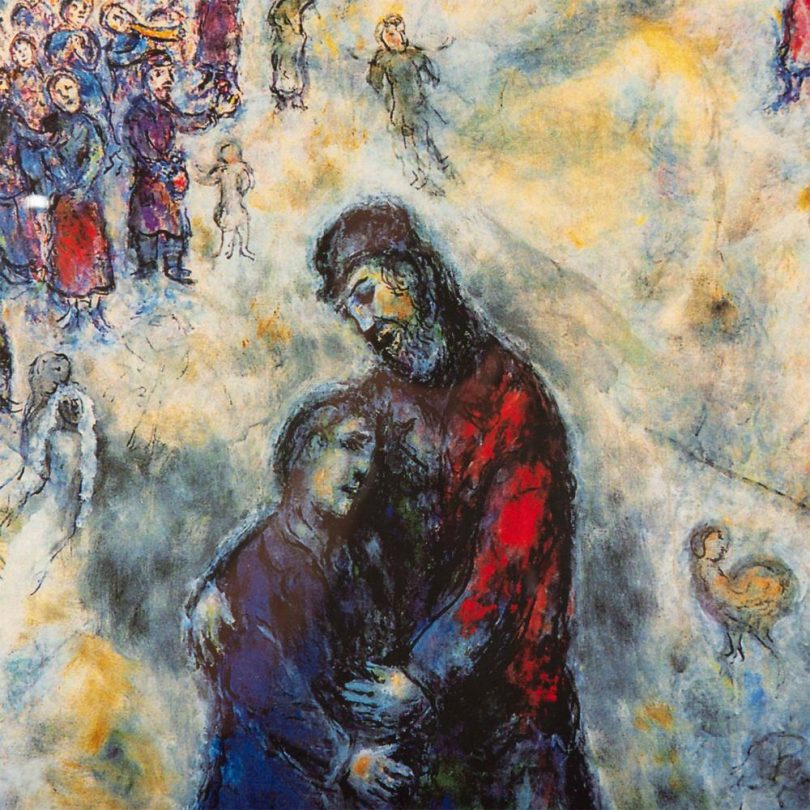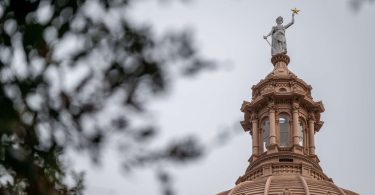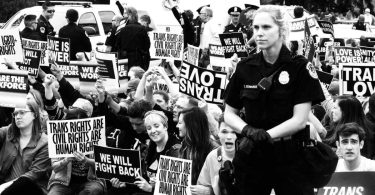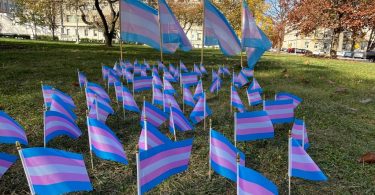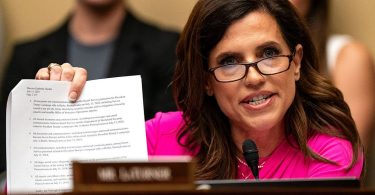
Sr. Donna McGartland
Today’s post is from Bondings 2.0 contributor Sr. Donna McGartland. Donna is one of the authors in Love Tenderly: Sacred Stories of Lesbian and Queer Religious published by New Ways Ministry.
Today’s liturgical readings for the 33rd Sunday of Ordinary Time can be found here.
I recently read a transcript of a talk given by Bishop John Stowe, OFM, Conv., of Lexington, Kentucky, in which he quotes Pope Francis: “The commandment, ‘Thou shalt not kill’ should be amended today to ‘Thou shalt not exclude’ because exclusion amounts to death.” Although this quote is taken from its original context, it speaks very deeply to me as a member of the church, a woman, and a lesbian.
As I write this at the end of October, the Synod on Synodality has just ended and the report has been released. There’s no direct mention in the document of LGBTQ+ persons nor much on the expansion of women’s roles in the church. Despite this, I remain firm in my hope and belief that a window has been opened and can never be closed. The report reflects a growing awareness and challenge for all of us to embrace Pope Francis’ call for all to have a place at the table and that no one is to be excluded. “Todos, todos, TODOS!!”
Many times, the very ones who are excluding others from participating in full fellowship are those who consider themselves to be separate from the whole. In today’s Gospel, the Pharisees accuse Jesus of “welcoming sinners and eating with them,” thinking themselves better than others. In response to their accusation, Jesus told the Parable of the Prodigal Son. What follows is a quick, abridged version.
The younger of two sons requests his inheritance from his father, and then he leaves home and spends it all. Becoming desperate, he takes a job taking care of pigs. He eventually comes to his senses and decides to return home.
His father has been awaiting his return and, when he sees him in the distance, runs toward him and embraces him! He calls for a banquet to celebrate his return.
When the older son hears the celebration for his brother, he becomes indignant and will not go into the feast. His father finds him and pleads for him to change his mind and share in the banquet.
Of the three main characters in the story—the father, the elder son, the younger son—which do we each think best reflects my experience?
Am I the younger child? Have I ever had the experience of a sudden realization that I don’t have to be alone, that isolation does not bring happiness or that I’ve hurt the ones who love me the most? Perhaps, I’m ready to accept the invitation to return ‘home,’ wherever that is for me.
Am I the elder, isolating myself through self-pity and righteous indignation? Am I refusing to accept others that I judge to be unworthy, unable to let go of my anger and hurt?

Marc Chagall, “Return of the Prodigal Son”
Or perhaps, I’m the father, ready to share my wealth without controlling the outcome, ready to forgive and seek reconciliation without judgment. Am I able to invite all (todos, todos, todos!) to join in the Feast?
In truth, I see myself in all three of these personas. I believe the call of the Synod is for us and the church to recognize this as well. We need to name the times we and the church exclude others from the Feast of God’s love. We need to challenge the church to embrace all persons regardless of their sexual orientation or gender identity. More than anything, we need to continue to feel the promptings of the Spirit that calls us to “welcome sinners and eat with them.”
May we, during this month of Thanksgiving, rejoice and celebrate the call to forgive, embrace and welcome all at the Table of God’s love!
–Sr. Donna McGartland (she/her), November 10, 2024

